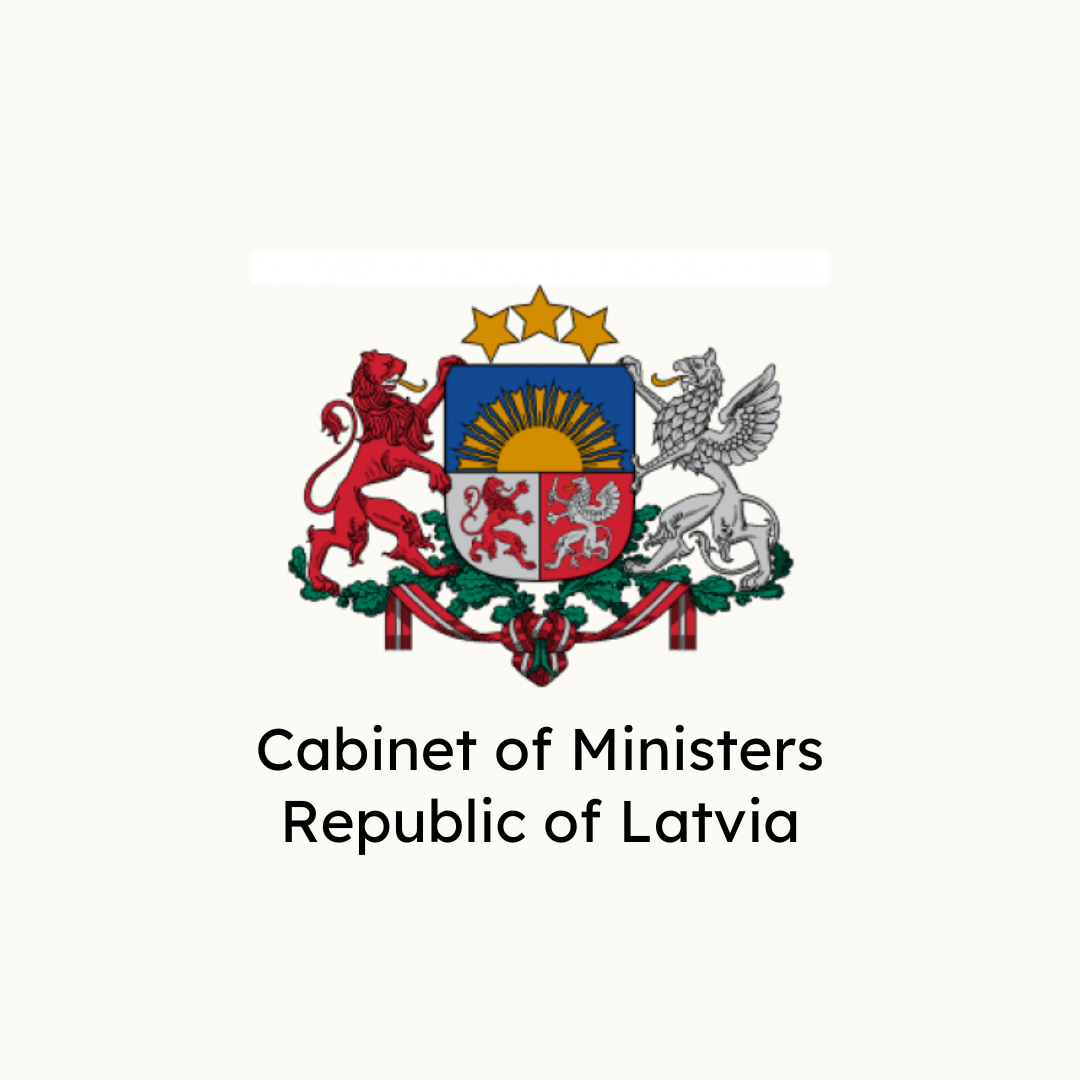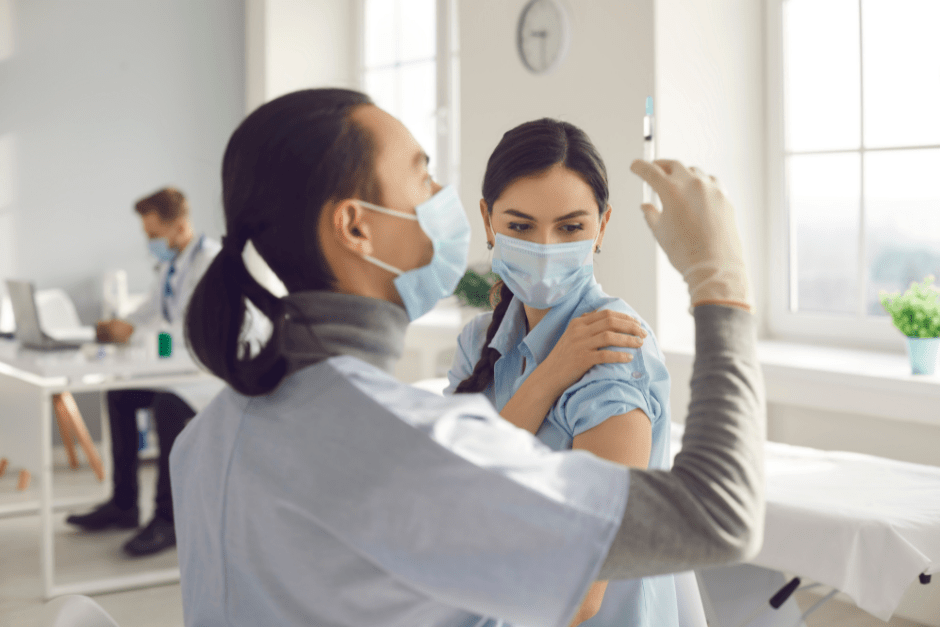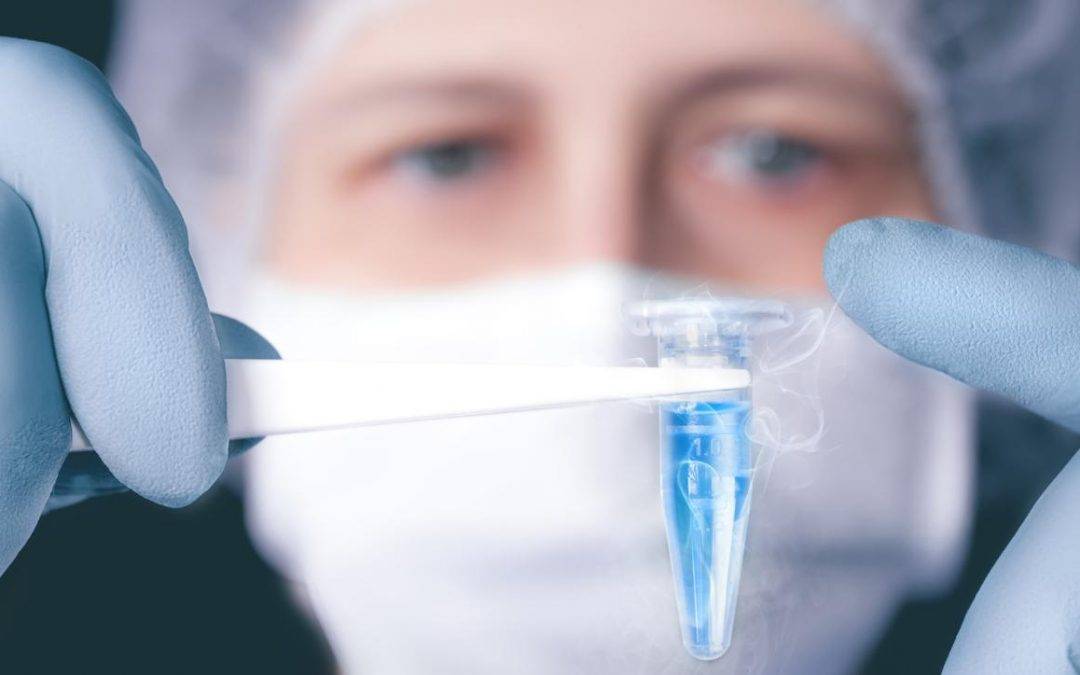The article provides an overview of the new regulatory framework for clinical investigations involving medical devices.

Table of content
The Cabinet of Ministers of Latvia has published a regulation introducing new procedures for conducting clinical trials of medical devices intended for humans and performance studies for in vitro diagnostic (IVD) medical devices.
The document establishes the main rules and principles to be followed by the parties responsible for clinical investigations in order to ensure compliance with the existing legal framework.
It is a detailed guide that is aligned with Article 34, Part Two, Clause 1 of the Medical Treatment Law. The focus of this guide is on ensuring that these medical procedures are conducted ethically and efficiently.
General Overview
Clinical trials involve in-depth research on medical devices intended for human use. On the other hand, performance studies examine the efficacy of in vitro diagnostic medical devices.
The process of undertaking these studies is strictly regulated to ensure the safety of the research subjects and to provide accurate, reliable results.

Ethics Committee: Composition and Function
Before any clinical or performance research commences, an ethics committee reviews the study.
This committee, independent of the medical institution where the study takes place, gives its opinion on issues related to public interest in the research.
The primary role of this committee is to guarantee the safety and rights of the research subjects and maintain public trust in the research process.
The committee is composed of professionals with relevant qualifications and experience, enabling them to assess the ethical and scientific dimensions of the proposed studies.
The ethics committee must have a minimum of 9 members, ensuring a diverse representation that includes both genders, individuals without a medical background, and at least 2 members who have no ties to the research site.
Furthermore, the committee can call upon external experts for their input, although these experts will not have voting rights.
To make decisions, more than half of the committee’s members must be present at a meeting. Any decision made is based on a simple majority vote, done openly.
In situations where there is an equal split in votes, the prevailing opinion is negative. All deliberations of the committee are duly documented, and any dissenting opinions can be reflected in the official minutes.
For transparency and future reference, the committee keeps all related documents for a minimum of 15 years after the completion of the corresponding trial or study.
Researchers, the State Medicines Agency (the Agency), and the Ministry of Health can access information regarding the committee’s qualifications and regulations.
Moreover, the Ministry of Health publicly lists the committee’s personnel details, including their areas of expertise and associated fees, on its website.
Submission Requirements to the Ethics Committee
In accordance with the regulation, in order to obtain the ethics committee’s endorsement, sponsors should submit several documents.
These range from the design of the study and measures for participant engagement to informed consent documents and details on any compensation provided to subjects.
If sponsors are not based within the European Union, they must ensure they have a representative operating in an EU member state, unless the study is only being conducted in Latvia.
The committee reviews these documents from an ethical standpoint, keeping in mind relevant regulations.
They provide the sponsor with a written opinion within 30 days of receiving the documents and also share a copy with the Agency.
Obtaining Authorizations for Research
Any sponsor looking to conduct a clinical or performance study needs to obtain authorization from the Agency.
This involves submitting an application, accompanied by the necessary documentation as outlined in relevant regulations.
The costs incurred during the review of these applications are borne by the sponsor. Based on the study plans, the Agency then issues the requisite permits.
If there are any discrepancies or non-compliance with the regulations, the Agency holds the right to suspend or renew permits.
Roles and Obligations of Stakeholders
The new regulation also outlines the key points related to the roles and responsibilities of the parties involved in clinical trials.
According to the document, sponsors have several responsibilities during the research process.
They must supply the medical devices and in vitro diagnostic medical devices free of cost and provide detailed information regarding their safe use, storage, and duration.
On the other hand, researchers are responsible for storing these devices securely at the research location.
Furthermore, the protection of the subjects participating in these studies is vitally important – researchers must prioritize their healthcare needs and ensure they are adequately informed at all stages of the study.
If the study is terminated prematurely, the researcher is obliged to inform the subject and provide necessary follow-up care, especially if any harm arises from the research.
Monitoring and Reporting on Research
Ensuring the compliance of the research with the stipulated regulations falls under the supervision of the Agency.
They keep a record of adverse events linked to the devices under study, maintain a comprehensive electronic database, and publish guidelines for the studies.
For quality assurance, the Health Inspectorate may conduct inspections of research sites, reporting their findings to the Agency.
Additionally, if the Agency becomes aware of unforeseen risks or non-compliance, it is their duty to inform the inspection immediately.
As a standard protocol, sponsors are required to provide an annual review of adverse events encountered during the research to both the Agency and the ethics committee.
Conclusion
In summary, the new regulation sets forth the rules and procedures to be followed when organizing and conducting clinical investigations involving medical devices.
How Can RegDesk Help?
RegDesk is a holistic Regulatory Information Management System that provides medical device and pharma companies with regulatory intelligence for over 120 markets worldwide. It can help you prepare and publish global applications, manage standards, run change assessments, and obtain real-time alerts on regulatory changes through a centralized platform. Our clients also have access to our network of over 4000 compliance experts worldwide to obtain verification on critical questions. Global expansion has never been this simple.

